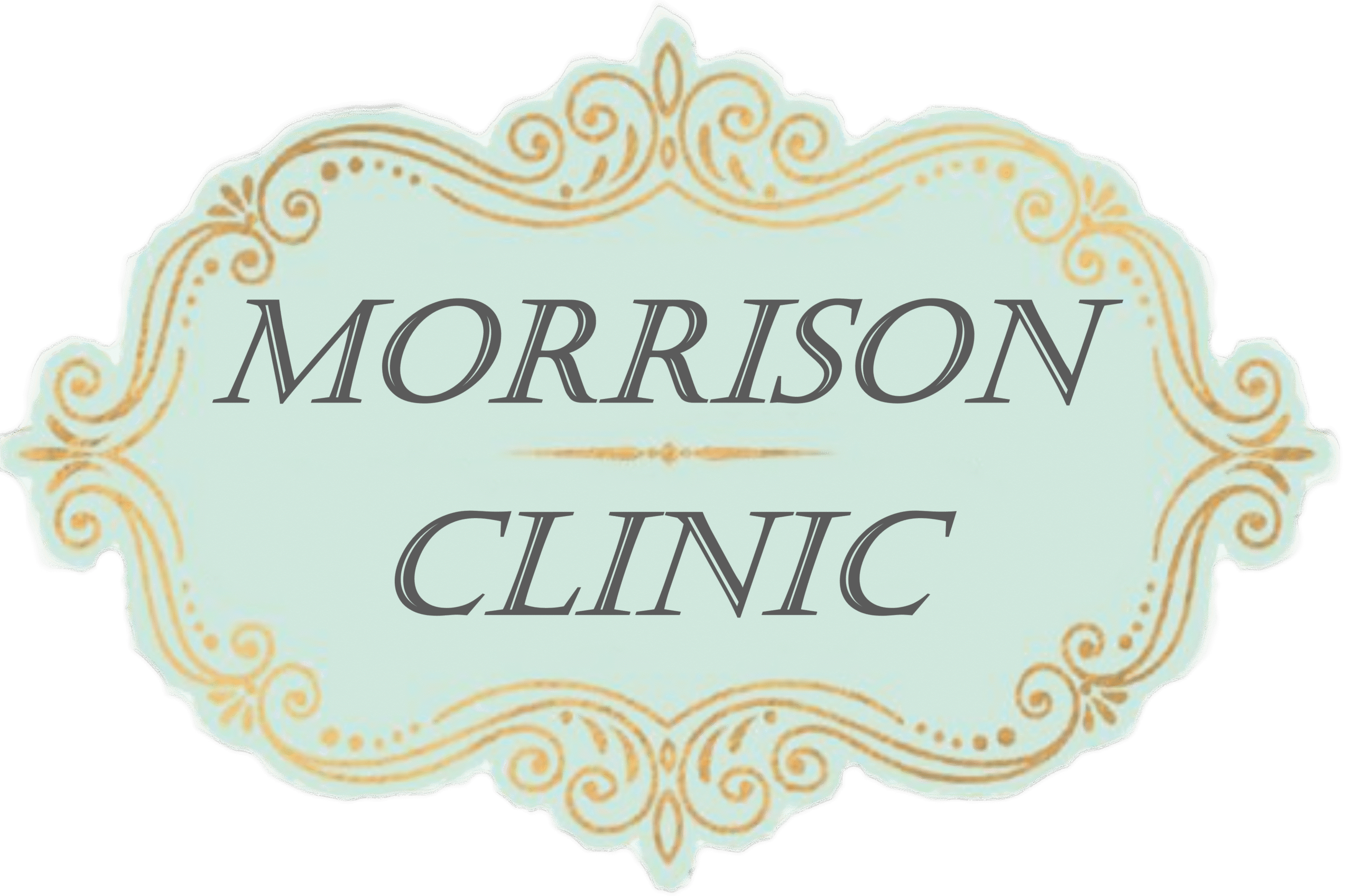FAQ FOR NEW PATIENTS
What medical services do you provide?
The Morrison Clinic provides online virtual psychiatric evaluations, medication management, computerized psychological testing, and brief psychotherapy. At this time we are fully virtual and we no longer offer face to face appointments.
What illnesses or disorders do you treat?
At the Morrison clinic we treat a wide range of psychiatric disorders in adults including ADHD, anxiety disorders, sleep disorders, and depression and mood disorders.
Do you provide medical treatment to people of all ages?
The Morrison clinic treats adults from the ages of 18-64.
What should I expect at the first appointment?
Read through this information: Morrison Clinic online psychiatric evaluation.
What should I expect at my follow up appointments?
Read through this information: Morrison Clinic online medication management.
How should I address my medical provider?
Amy Morrison is not a doctor. She is a psychiatric physician assistant. As such, the formal title of doctor should not be used to address her. Amy actually prefers that you call her Amy. It is her belief that the working relationship between client and medical provider is better forged when you are both on a first name basis.

